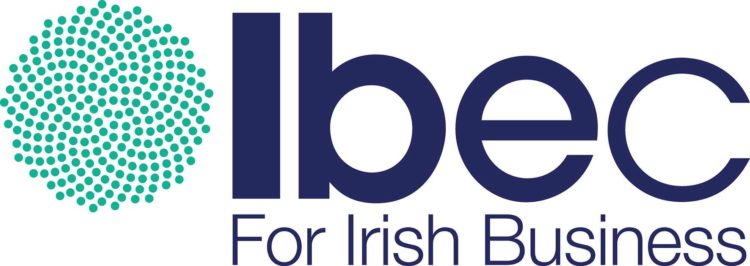By James Simons-
Business representative group Ibec has submitted a brief to the American Supreme court in relation to a landmark case involving attempts by U.S law enforcement to gain access to emails stored on a Dublin Microsoft server.
The case relates to a drug trafficking investigation in Dublin.
The business group filed an amicus curiae brief ( a brief filed by a party not involved in a case but one that can assist the court) – along with four other European business representative chambers. The filing follows submission by the Irish government of an amicus brief in December.
The case- USA v Microsoft, began in 2013 after a New York state judge served Microsoft with a warrant demanding it to hand over emails sent through its email service.
Microsoft handed over some related email metadata stored in the U.S, but refused to hand in the Dublin emails. Microsoft argued that the legislation used to issue the warrant in the US was never intended to apply “extraterritorially”, i.e. to electronic data held abroad.
The company argues that the data could be lawfully requested in co-operation with the Irish Government using international mutual legal assistance treaties (MLATs).
The U.S supreme court agreed to hear the administration’s appeal against the decision of the lower court last October
Ibec’s brief argues that the case has global implications that endorsing the U.S justice department’s position would set a dangerous international precedent and have far reaching consequences for millions of businesses.
Paul Sweetman, Ibec’s director of technology in Ireland, noted the case has implications for any organisation handling or managing date irrespective of their location. Companies and their customers must have predictability and a clear legal framework on how that data is both managed and safeguarded,” Sweetman said.
Friday’s filing states that the various business lobby groups are “concerned that an adverse verdict in this case would force them to choose between violating American or European laws, thereby making it more difficult for them to use American technology, products, and services”.




